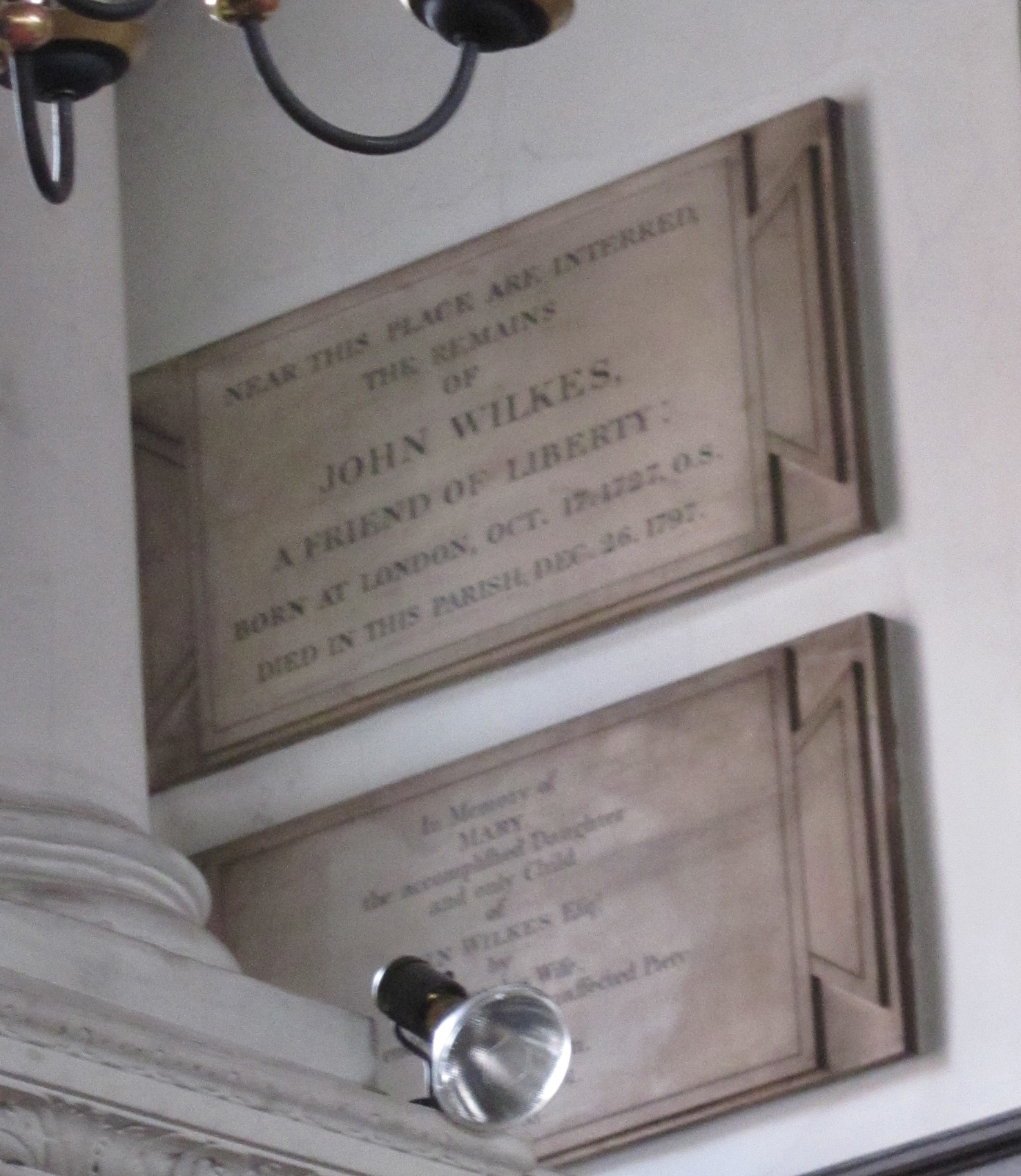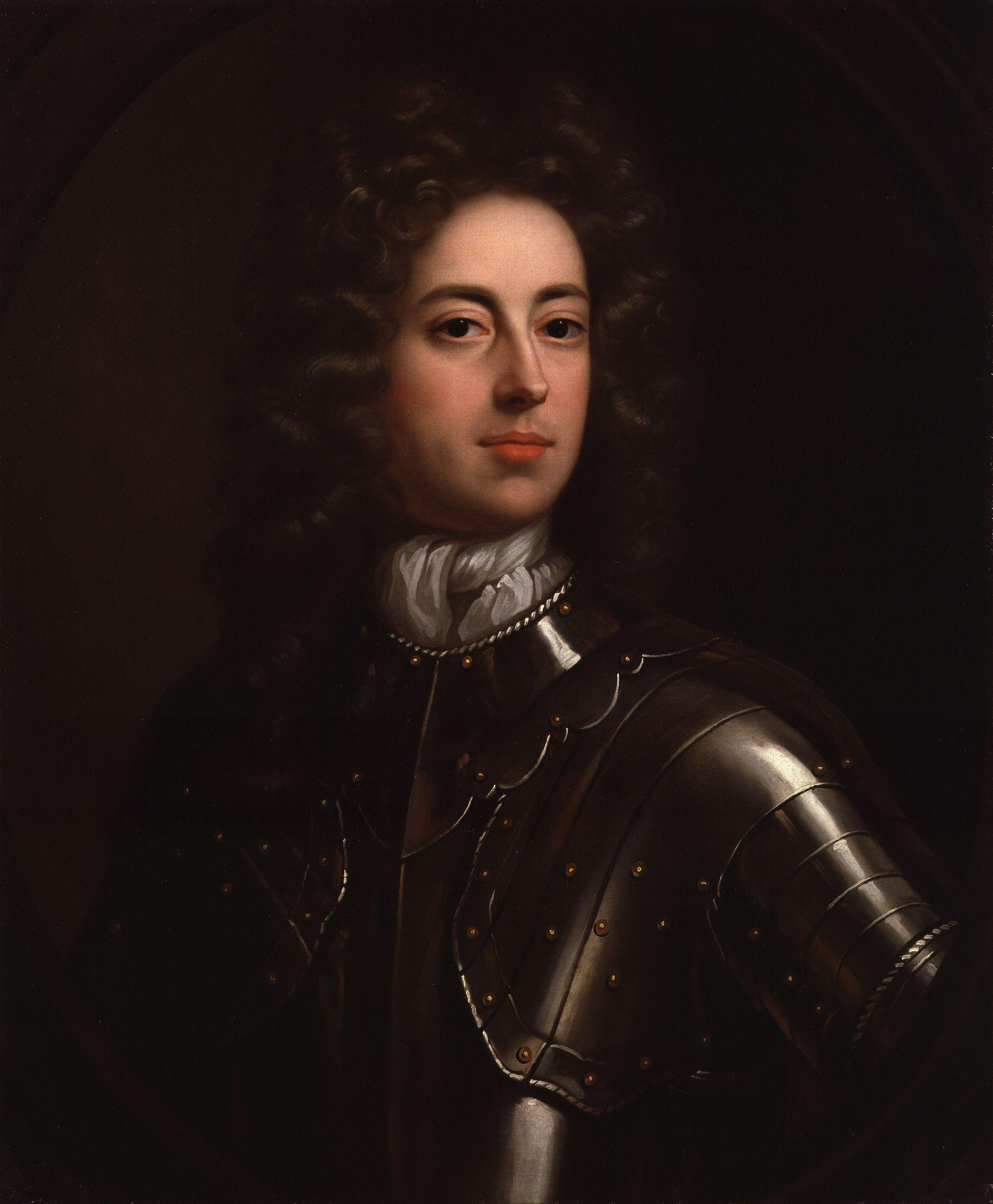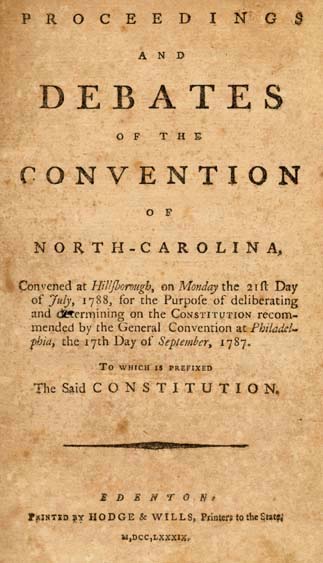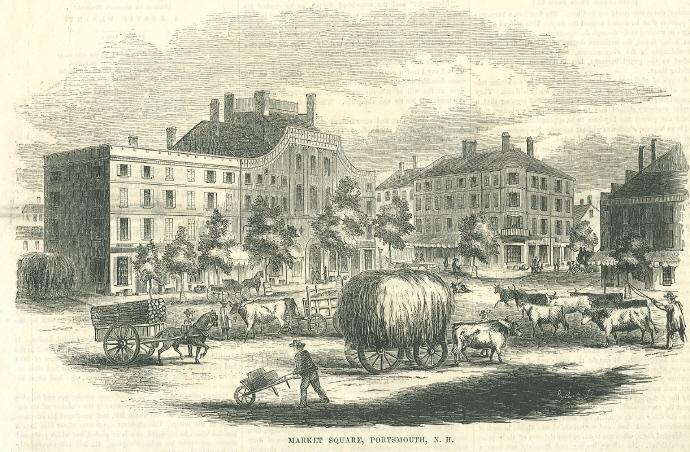|
John Huske
Lieutenant General John Huske (ca 1692 – 18 January 1761) was a British military officer whose active service began in 1707 during the War of the Spanish Succession and ended in 1748. During his early career, he was a close associate of the Earl of Cadogan and the Duke of Marlborough. From 1715 to 1720, he was also employed as a British political and diplomatic agent, primarily involved in anti- Jacobite operations. He commanded a brigade at Dettingen; during the Jacobite rising of 1745, he fought at Falkirk Muir and Culloden. Promoted major-general in 1743, his active career finished when the War of the Austrian Succession ended in 1748. He never married and died in London on 18 January 1761. His brother Ellis emigrated to North America; one of his relatives, another John Huske, was a delegate to the 1789 North Carolina Constitutional Convention. Life John Huske was born in 1692, eldest son of John (1651–1703) and Mary Huske (1656–?); little is known of his family b ... [...More Info...] [...Related Items...] OR: [Wikipedia] [Google] [Baidu] |
Grosvenor Chapel
Grosvenor Chapel is an Anglican church in what is now the City of Westminster, in England, built in the 1730s. It inspired many churches in New England. It is situated on South Audley Street in Mayfair. History The foundation stone of the Grosvenor Chapel was laid on 7 April 1730 by Sir Richard Grosvenor, 4th Baronet, owner of the surrounding property, who had leased the site for 99 years at a peppercorn rent to a syndicate of four “undertakers” led by Benjamin Timbrell, a prosperous local builder. The new building was completed and ready to use by April 1731. Soon after the original 99-year lease ran out in 1829 the chapel was brought within the parochial system as a Chapel of ease to St George's, Hanover Square. The chapel has been the spiritual home to a number of famous people including John Wilkes, Lady Mary Wortley Montagu, Garret Wesley, 1st Earl of Mornington, and his wife (parents to the Duke of Wellington), Florence Nightingale, U.S. General Dwight D. Eise ... [...More Info...] [...Related Items...] OR: [Wikipedia] [Google] [Baidu] |
William Cadogan, 1st Earl Cadogan
William Cadogan (-1726), 1st Earl Cadogan, an Irish-born British Army officer, began his active military service during the Williamite War in Ireland in 1689 and ended it with the suppression of the 1715 Jacobite Rebellion. A close associate and confidant of the Duke of Marlborough, he was also a diplomat and Whig politician who sat in the English and British Houses of Commons from 1705 until 1716, when he was raised to the peerage as Baron Cadogan. A strong supporter of the Hanoverian Succession, he took part in the suppression of the 1715 Jacobite Rebellion and succeeded Marlborough in 1722 as Master-General of the Ordnance and senior army commander. Early life Cadogan was born in Ireland around 1671, the son of the barrister Henry Cadogan and his wife Bridget Waller, daughter of the regicide Sir Hardress Waller. His family were Irish Protestants of Welsh descent. William's grandfather William Cadogan served as an officer in Oliver Cromwell's New Model Army. He w ... [...More Info...] [...Related Items...] OR: [Wikipedia] [Google] [Baidu] |
Hillsborough Convention
The Hillsborough Convention, was the first of two North Carolina conventions to ratify the United States Constitution. Delegates represented 7 boroughs and 59 counties, including six western counties that became part of Tennessee when it was created in 1796. They met in Hillsborough, North Carolina from July 21 to August 4, 1788 to deliberate and determine whether to ratify the Constitution recommended to the states by the General Convention that had been held in Philadelphia the previous summer. The delegates had won their seats through special elections held in March 1788, as mandated by the North Carolina General Assembly. Governor Samuel Johnston presided over the Convention. The Hillsborough Convention was dominated by anti-Federalists, and North Carolina did not ratify the Constitution until the Fayetteville Convention, which met a year later. Location The convention was held in Hillsborough, North Carolina, at the St. Matthew's Episcopal (Church of England) Church. T ... [...More Info...] [...Related Items...] OR: [Wikipedia] [Google] [Baidu] |
Paris
Paris () is the Capital city, capital and List of communes in France with over 20,000 inhabitants, most populous city of France, with an estimated population of 2,165,423 residents in 2019 in an area of more than 105 km² (41 sq mi), making it the List of cities proper by population density, 30th most densely populated city in the world in 2020. Since the 17th century, Paris has been one of the world's major centres of finance, diplomacy, commerce, Fashion capital, fashion, gastronomy, and science. For its leading role in the arts and sciences, as well as its very early system of street lighting, in the 19th century it became known as "the City of Light". Like London, prior to the Second World War, it was also sometimes called Caput Mundi#Paris, the capital of the world. The City of Paris is the centre of the Île-de-France Regions of France, region, or Paris Region, with an estimated population of 12,262,544 in 2019, or about 19% of the population of France, making the ... [...More Info...] [...Related Items...] OR: [Wikipedia] [Google] [Baidu] |
American Revolution
The American Revolution was an ideological and political revolution that occurred in British America between 1765 and 1791. The Americans in the Thirteen Colonies formed independent states that defeated the British in the American Revolutionary War (1775–1783), gaining independence from the The Crown, British Crown and establishing the United States of America as the first nation-state founded on Age of Enlightenment, Enlightenment principles of liberal democracy. Colonial history of the United States, American colonists objected to being taxed by the Parliament of Great Britain, a body in which they had no taxation without representation, no direct representation. Before the 1760s, Britain's American colonies had enjoyed a high level of autonomy in their internal affairs, which were locally governed by colonial legislatures. During the 1760s, however, the British Parliament passed a number of acts that were intended to bring the American colonies under more direct rule f ... [...More Info...] [...Related Items...] OR: [Wikipedia] [Google] [Baidu] |
Stamp Act 1765
The Stamp Act 1765, also known as the Duties in American Colonies Act 1765 (5 Geo. III c. 12), was an Act of the Parliament of Great Britain which imposed a direct tax on the British colonies in America and required that many printed materials in the colonies be produced on stamped paper from London which included an embossed revenue stamp. Printed materials included legal documents, magazines, playing cards, newspapers, and many other types of paper used throughout the colonies, and it had to be paid in British currency, not in colonial paper money. The purpose of the tax was to pay for British military troops stationed in the American colonies after the French and Indian War, but the colonists had never feared a French invasion to begin with, and they contended that they had already paid their share of the war expenses. Colonists suggested that it was actually a matter of British patronage to surplus British officers and career soldiers who should be paid by London. The Sta ... [...More Info...] [...Related Items...] OR: [Wikipedia] [Google] [Baidu] |
Charles Townshend
Charles Townshend (28 August 1725 – 4 September 1767) was a British politician who held various titles in the Parliament of Great Britain. His establishment of the controversial Townshend Acts is considered one of the key causes of the American Revolution. Early life He was born at his family's seat of Raynham Hall in Norfolk, England, the second son of Charles Townshend, 3rd Viscount Townshend, and Audrey (died 1788), daughter and heiress of Edward Harrison of Ball's Park, near Hertford. He was a sickly child, suffered from epilepsy, and had a strained relationship with his parents. Townshend was a brash young man, whose "wonderful endowments eredashed with follies and indiscretions." Charles graduated from the Dutch Leiden University on 27 October 1745; while there he had associated with a small group of other English youth, who later became well known in various circles, including Dowdeswell, Wilkes, and Alexander Carlyle. The latter would chronicle their exploit ... [...More Info...] [...Related Items...] OR: [Wikipedia] [Google] [Baidu] |
Maldon (UK Parliament Constituency)
Maldon is a constituency in Essex represented in the House of Commons of the UK Parliament since 2010 by Sir John Whittingdale, a Conservative. Constituency profile Maldon covers a rural area of Essex including the Dengie Peninsula. The main settlements are Maldon and Burnham-on-Crouch on the coast, and the new town of South Woodham Ferrers. The seat is slightly wealthier than the UK average. History The Parliamentary Borough of Maldon, which included the parish of Heybridge, had sent two members to Parliament since 1332 (36 years after the Model Parliament). Under the Reform Act of 1867, its representation was reduced to one and in 1885 the Parliamentary Borough was abolished and replaced with a Division of the County of Essex (later a County Constituency) under the Redistribution of Seats Act 1885. The constituency was abolished for the 1983 general election following the Third Periodic Review of Westminster Constituencies, but re-established for the 2010 general el ... [...More Info...] [...Related Items...] OR: [Wikipedia] [Google] [Baidu] |
Portsmouth, New Hampshire
Portsmouth is a city in Rockingham County, New Hampshire, United States. At the 2020 census it had a population of 21,956. A historic seaport and popular summer tourist destination on the Piscataqua River bordering the state of Maine, Portsmouth was formerly the home of the Strategic Air Command's Pease Air Force Base, since converted to Portsmouth International Airport at Pease. History American Indians of the Abenaki and other Algonquian languages-speaking nations, and their predecessors, inhabited the territory of coastal New Hampshire for thousands of years before European contact. The first known European to explore and write about the area was Martin Pring in 1603. The Piscataqua River is a tidal estuary with a swift current, but forms a good natural harbor. The west bank of the harbor was settled by European colonists in 1630 and named Strawbery Banke, after the many wild strawberries growing there. The village was protected by Fort William and Mary on what is now ... [...More Info...] [...Related Items...] OR: [Wikipedia] [Google] [Baidu] |
Lewis Namier
Sir Lewis Bernstein Namier (; 27 June 1888 – 19 August 1960) was a British historian of Polish-Jewish background. His best-known works were ''The Structure of Politics at the Accession of George III'' (1929), ''England in the Age of the American Revolution'' (1930) and the ''History of Parliament'' series (begun 1940) he edited later in his life with John Brooke. Life Namier was born Ludwik Bernstein Niemirowski in Wola Okrzejska in the Russian-controlled Congress Poland, now part of the Lublin Voivodeship of southeastern Poland. His family were secular-minded Polish-Jewish gentry. His father, with whom young Lewis often quarreled, idolized the Austro-Hungarian Empire. By contrast, Namier throughout his life detested it. He was educated at the University of Lwów in Austrian Galicia (now in Ukraine), the University of Lausanne, and the London School of Economics. At Lausanne, Namier heard Vilfredo Pareto lecture, and Pareto's ideas about elites would have a great influenc ... [...More Info...] [...Related Items...] OR: [Wikipedia] [Google] [Baidu] |
Fayetteville Convention
The Fayetteville Convention was a meeting by 271 delegates from North Carolina to ratify the US Constitution. Governor Samuel Johnston presided over the convention, which met in Fayetteville, North Carolina, from November 16 to 23, 1789 to debate on and decide on the ratification of the Constitution, which had recommended to the states by the Philadelphia Convention during the summer of 1787. The delegates ratified the Constitution by a vote of 194 to 77, thus making North Carolina the 12th state to ratify the constitution. Location The Fayetteville Convention was held at the State House in Fayetteville, which was a large brick building built in 1788 in anticipation of Fayetteville becoming the capital of North Carolina. Although the North Carolina General Assembly met in the building in 1789, 1789 and 1793, it moved permanently to Raleigh, North Carolina in 1794. The State House, along with most of Fayetteville, was destroyed by a large fire in 1831. The Market House was built ... [...More Info...] [...Related Items...] OR: [Wikipedia] [Google] [Baidu] |
Thirteen Colonies
The Thirteen Colonies, also known as the Thirteen British Colonies, the Thirteen American Colonies, or later as the United Colonies, were a group of British colonies on the Atlantic coast of North America. Founded in the 17th and 18th centuries, they began fighting the American Revolutionary War in April 1775 and formed the United States of America by declaring full independence in July 1776. Just prior to declaring independence, the Thirteen Colonies in their traditional groupings were: New England ( New Hampshire; Massachusetts; Rhode Island; Connecticut); Middle ( New York; New Jersey; Pennsylvania; Delaware); Southern ( Maryland; Virginia; North Carolina; South Carolina; and Georgia). The Thirteen Colonies came to have very similar political, constitutional, and legal systems, dominated by Protestant English-speakers. The first of these colonies was Virginia Colony in 1607, a Southern colony. While all these colonies needed to become economically viable, the f ... [...More Info...] [...Related Items...] OR: [Wikipedia] [Google] [Baidu] |







